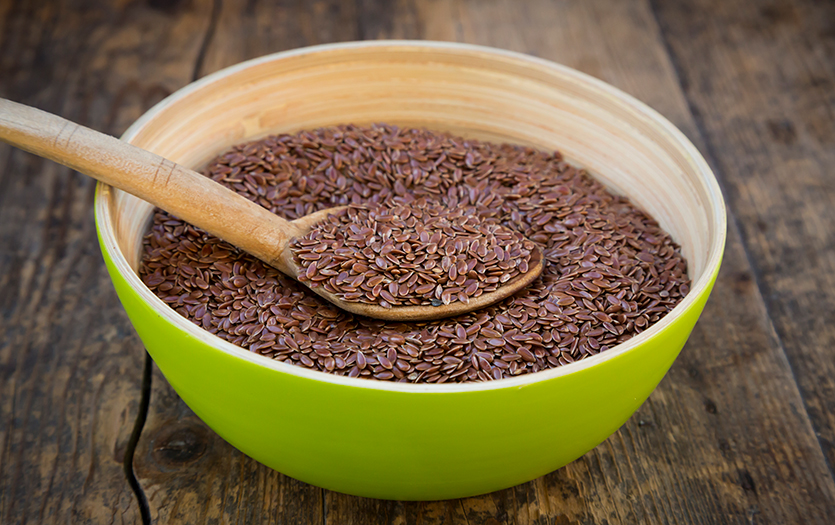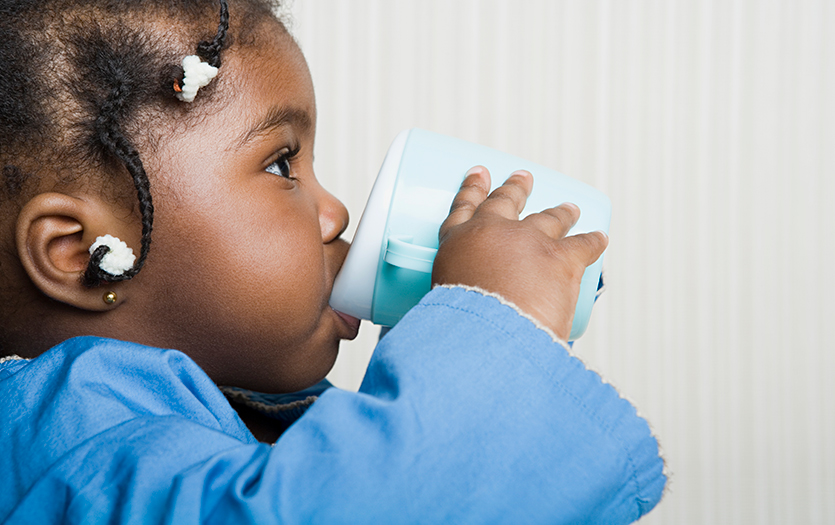When people are trying to obtain control of their weight, they often turn to calorie counting as a method for mindful eating. This might involve setting a calorie limit or goal for the day and tracking macro and micronutrients. Nutrition labels recommend 2,000 calories per day, but some will adjust that number based on their age, gender, weight, activity level, etc. We wanted to know if this is considered a safe approach to weight management, so we asked Elle Hall, RDN, Parkview Regional Medical Center (PRMC), to answer our questions about the practice.
What is a calorie anyway?
The word “calorie” can evoke a variety of feelings in many people. Simply put, a calorie is a unit of energy. Calories are provided to our bodies from macronutrients (protein, fat, carbohydrates).
Calorie needs differ from person to person based on a variety of factors including age, gender and activity level. People may be unsure of how many calories they need throughout the day, especially when trying to lose, gain or maintain their weight.
Are all calories considered equal?
Long story short, a calorie is a calorie. One calorie from a brownie is the same as one calorie from a carrot.
Are there “good” and “bad” calories?
There are no “good” or “bad” calories, but our food choices may cause those calories to add up quicker. For example, 1 cup of carrots is about 40 calories whereas 1 cup of ice cream is about 300 calories. More calorie dense foods are often higher in fat, since it provides more calories per gram of food than carbohydrates and protein.
A diet high in fat may provide more calories than one that is not, but too much fat in a diet can lead to negative consequences on our overall health. You may have also heard the term “empty calories” which can be related to alcohol, which provides calories but no macronutrients.
How do calorie tracking apps and programs determine our calorie goal?
Calorie tracking apps have made it much easier to count calories. Typically, such apps gather basic information such as age, gender, activity levels, goal (weight loss/gain/maintenance) and how quickly you want to achieve your goal, when determining a net calorie recommendation. If weight loss is desired, the net calorie recommendation will be less than your daily calorie recommendation than if you were trying to maintain/gain weight, and vice versa.
What other information is helpful when looking at information provided through a calorie tracking app?
Something to always consider when determining a personal calorie goal would be to make sure it is feasible and sustainable. Trying to cut too many calories too quickly may result in weight loss, but it is likely that the weight will be regained when a normal calorie intake is resumed. Slow, steady weight loss from less drastic calorie reduction is more sustainable and achievable than a quick fix.
What, in your opinion, is a healthy way to use calories as a component of healthy weight goals?
When it comes time for me to plan a meal or snack, I like to think of how I want to fuel my body. If I am hungry, I know my body needs energy, i.e. calories! We have control over how we want to fuel our bodies and by choosing healthier foods and beverages, we provide our bodies with calories but also with more fiber, vitamins and minerals. It all goes back to calories being units of energy. Think of how you would want to fuel your body, and try to choose foods and beverages accordingly.
What role can calorie tracking have in our daily lives?
Calories can absolutely be used as a component of maintaining or achieving healthy weight goals, but don’t get too caught up in the numbers. Being too preoccupied with calories and the number of calories you eat in a day can create an unhealthy relationship with food. As with most things, there are pros and cons to counting calories. At the end of the day, calories in minus calories burned will determine whether your weight may go up, or down. To maintain a healthy weight, choose healthy foods and get your body moving!




